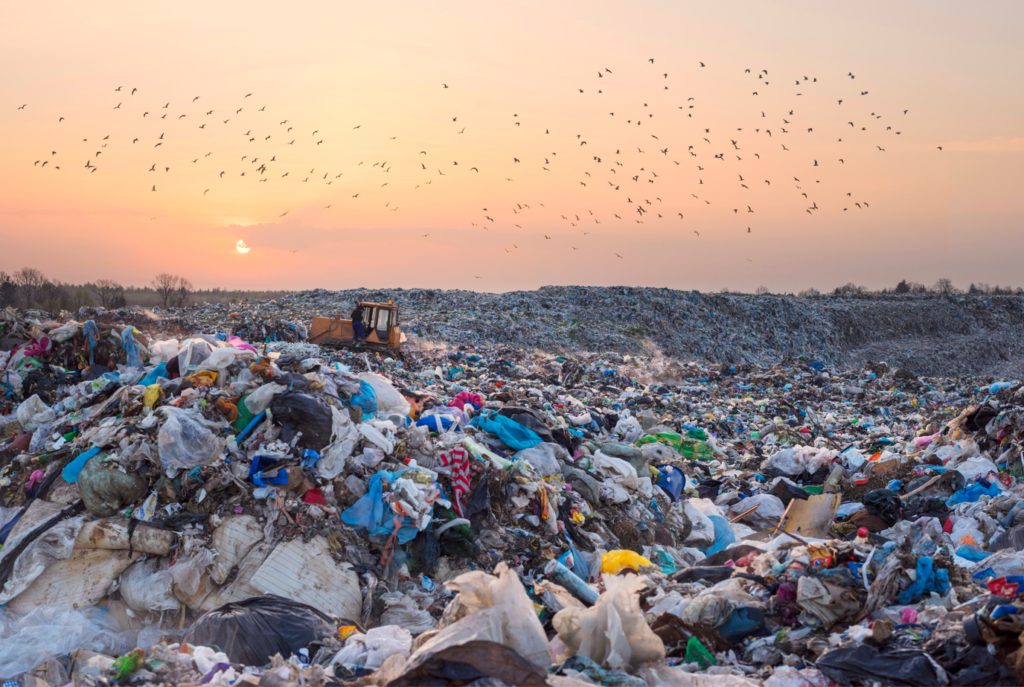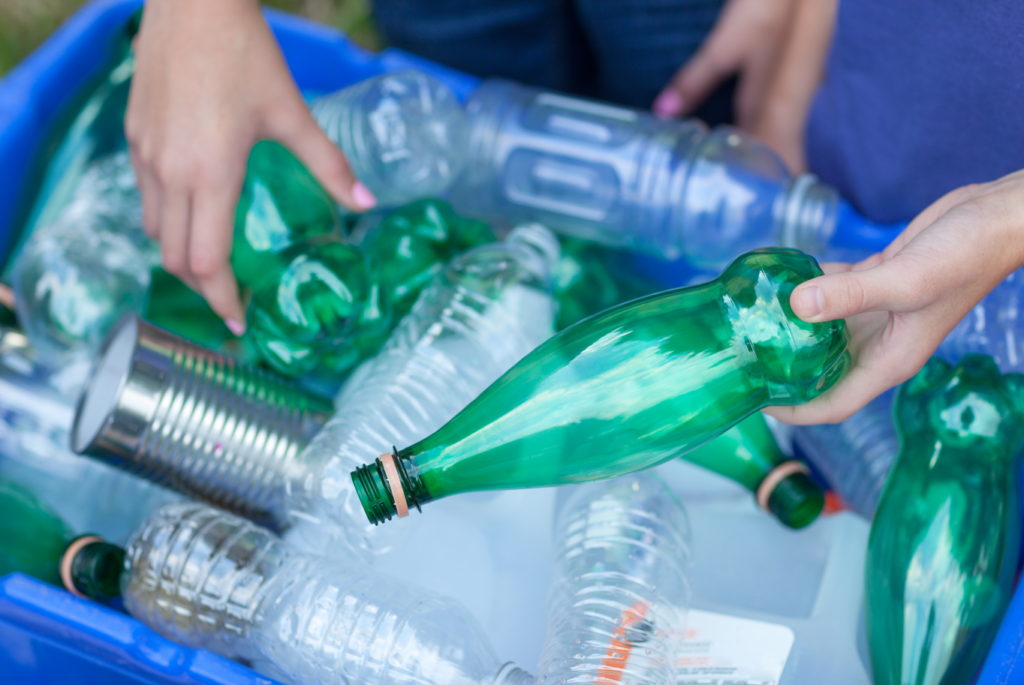Waste creation is an unavoidable aspect of life, for individuals, households, and businesses. From rubbish that is sent to landfills, to waste which can be recycled, this must all be managed in an appropriate manner to best facilitate the planet. This is where the importance of good waste management comes into play.

What waste goes where?
Household waste can often feel like a never-ending mountain, which only greatened during lockdown as we all spent more and more time at home. Whilst many of us would claim to have a good grasp of handling waste, there are many common mistakes that are interrupting the waste management process, the main being contaminated bins.
Whilst recycling is a wonderfully resourceful process, it can be disrupted by incorrect waste being included in recycled batches. The issue arises when a non-recyclable item is placed into the recycling, or when an item that can be recycled is sent to the incorrect facility e.g. when paper is mixed with plastic recycling. Although both paper and plastics are recyclable, the methods of doing so are very different processes, so must be correctly separated in order to be successfully reprocessed.
When waste becomes mixed, this creates contamination, often affecting the entire batch of recycling – contamination is a huge problem in the re-processing of the waste and in many cases prevents it from reaching the end goal of being recycled. To make sure this process is completed successfully, we have to take action from our homes, ensuring all waste is placed in the best-suited bin to ensure its most resourceful end of life. This could mean doing research into what products go into which bin and correctly segregating all waste.
Is your bag suitable?
Problems with waste can also transpire from the bags which you have used to capture it. Refuse sacks or as they are more commonly known bin bags or bin liners are a household essential. They come in all shapes, sizes, capacities and now materials, resulting in confusion when choosing which bag is best.
One of the most common problems is selecting a bin liner that is too thin or weak to handle your waste, this leads to leakage, and spillages of waste, which in turn can cause contamination (and of course mess). The best waste to prevent this is by ensuring you have a strong bag, which is manufactured to facilitate for your waste capacities, this will help ensure the waste is captured securely and waste will not escape.
What about material type? With the introduction of compostable liners, many people are now using this as an option of capturing household waste as they believe it is a more economical option – this is not the case. Compostable liners are only suitable for capturing organic waste, such as food, and garden waste, any household rubbish or recyclables should not be captured in these bags as they do not naturally degrade, and the purpose of the bag will not be fulfilled.
Can you improve your recycling?
Recycling is a fantastic way to help our planet and support a circular economy, ensuring we are recycling in the most effective way will only further support these eco-credentials. This includes separating the product into the correct waste streams, for example removing any unrecyclable aspect from your waste before you recycle it e.g. the film from a plastic ready meal tub. Ensuring your recycling is clean and free from potential contamination is also a great rule to follow when disposing of waste. Go one step further and crush or flatten your rubbish before recycling!
Waste management is a vital aspect to a cleaner, greener planet – one which we should all take care and responsibility for. We have a wide range of products for the capture and containment of wastes and recyclables, and our expert team can help you select the best option for you to ensure you are handling your waste the best you can. Talk to us today and view our product range.
